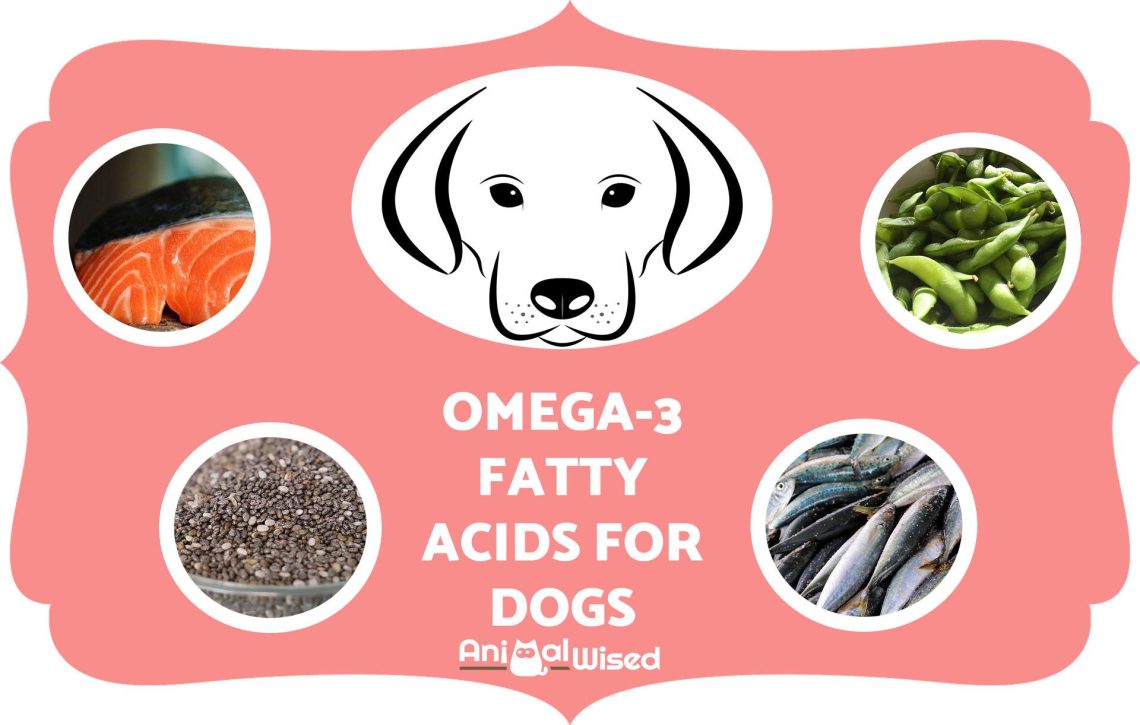
How can fatty acids be good for your dog?
The look and feel of a shiny coat is one of the joys you get from living with a dog. Many of us judge a pet’s health by its shiny coat, so it’s no surprise that skin and coat problems are the most common reason for visits to the veterinarian.1. When they occur, pet owners are often advised to add vitamins, as well as omega-6 and omega-3 fatty acids, to their pet’s daily diet. But in many cases, changing the diet may be the right solution.
The role of omega-6 and omega-3
Omega-6 and omega-3 fatty acids help maintain healthy skin, boost the immune system, and support cell growth. If an animal does not get enough of these essential fatty acids, it may show classic signs of deficiency, including:
- dry, flaky skin;
- dull coat;
- dermatitis;
- hair loss
Sufficient amounts of omega-6 and/or omega-3 fatty acids may benefit dogs that develop skin and coat problems. To do this, you should buy food rich in essential fatty acids, or with food supplements containing fatty acids, and preferably both.2 The most convenient and economical solution is to buy pet foods rich in essential fatty acids.
Key Points
- Skin and coat problems are the most common reasons for visits to the veterinarian.1.
- Omega-6 and omega-3 fatty acids are vital for skin and coat health.
- Hill’s Science Plan Adult Dog Foods are a rich source of essential fatty acids.
More than supplements
There is a very simple way to provide dogs with the fatty acids they need for healthy skin and coats – give them Hill’s Science Plan Adult Advanced Fitness Adult Dog Food. Advanced Fitness is a rich source of omega-6 and omega-3 fatty acids. In fact, it would take 14 fatty acid capsules to equal the amount of essential fatty acids in one bowl of Advanced Fitness3.
Get rid of the extra clutter
None of us smiles at the prospect of stuffing our pet with pills or unnecessary additives. In some cases, fatty acid supplementation may be beneficial for animals with chronic or severe illnesses. But for a normal, healthy dog or puppy, the extra expense and hassle of adding fatty acids is not necessary. Simply provide your pet with a diet rich in essential fatty acids.
1 P. Rudebusch, W.D. Shengerr. Skin and hair diseases. In the book: M.S. Hand, K.D. Thatcher, R.L. Remillard et al., ed. Therapeutic Nutrition of Small Animals, 5th edition, Topeka, Kansas – Mark Morris Institute, 2010, p. 637.
2 D.W. Scott, D.H. Miller, K.E. Griffin. Muller and Kirk Small Animal Dermatology, 6th edition, Philadelphia, PA, “W.B. Saunders Co., 2001, p. 367.
3 Vetri-Science Omega-3,6,9. Vetri-Science Laboratories website http://www.vetriscience.com. Accessed June 16, 2010.





